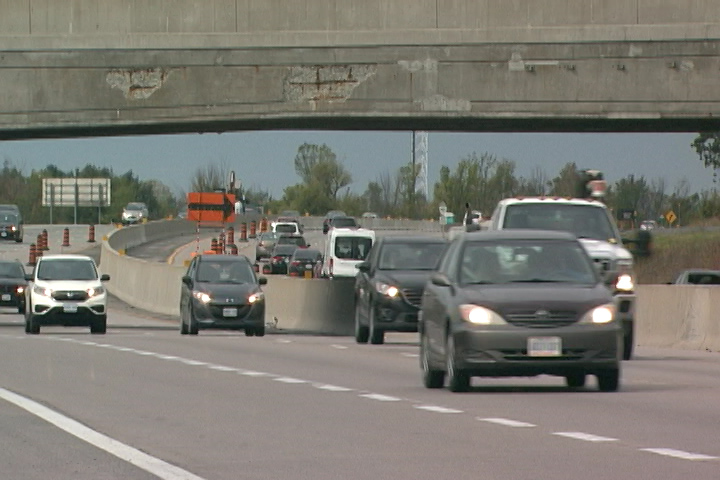If you insure your vehicle for pleasure use, you may be allowed to hit the road more often for work or school if the Metro Vancouver transit strike escalates.

ICBC says it is considering rejigging its rate classes if the region’s bus and SeaBus workers walk off the job for good, which remains a possibility with no deal in sight between the union and Coast Mountain Bus Company. In a statement, ICBC says it may change its policy, so if a pleasure-use insured driver gets into an accident on their way to school or work, they would not be in breach of their insurance.
The auto insurer confirmed it was reviewing the idea after Global News brought up that a similar move was made during the 2001 transit strike, which lasted four months.
A spokesperson said she raised the issue with ICBC’s top executives on Friday.

Get daily National news
“We will continue to monitor this situation closely and we will review any rating issues if a longer transit shut down is expected,” the spokesperson said in an email.
Under ICBC’s pleasure rate class, drivers can use their vehicles no more than six days in a calendar month for driving to work or school.

The class is typically cheaper than a commuter rate, though the exact difference between the two now depends on a driver’s record.
Under the old rate structure, drivers typically reported savings between $10 and $30 a month.
In 2001, ICBC waived the rate classes and allowed drivers insured under the pleasure class to drive to work or school as often as they needed. Drivers who got in an accident during the strike weren’t penalized for driving longer than the six-day threshold.
Metro Vancouver’s 5,000 bus and SeaBus operators are planning to walk off the job next Wednesday morning, and won’t be returning to work until the morning of Nov. 30.
ICBC says it won’t wave rate classes during that three-day shutdown, as many pleasure-insured drivers will still be legally allowed to use their vehicles during that time.









Comments
Want to discuss? Please read our Commenting Policy first.